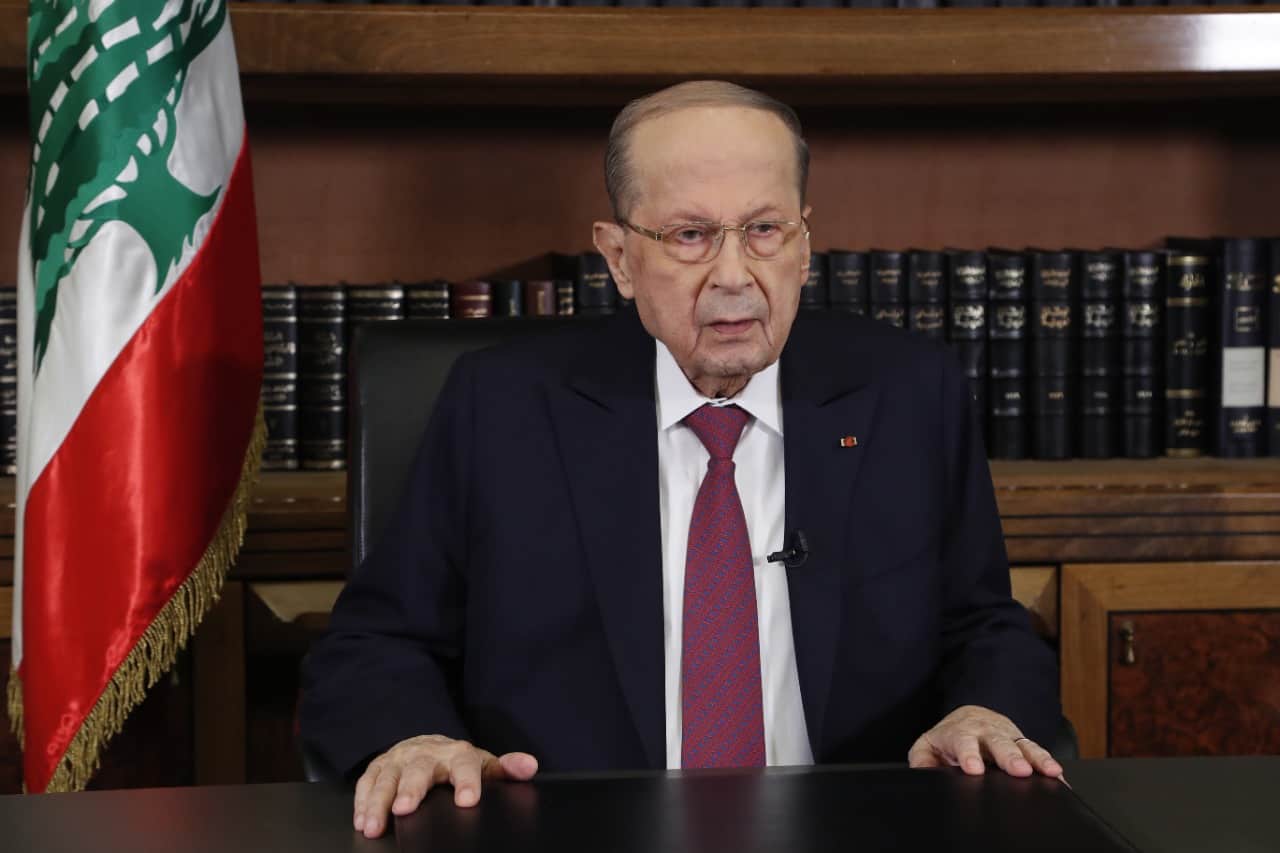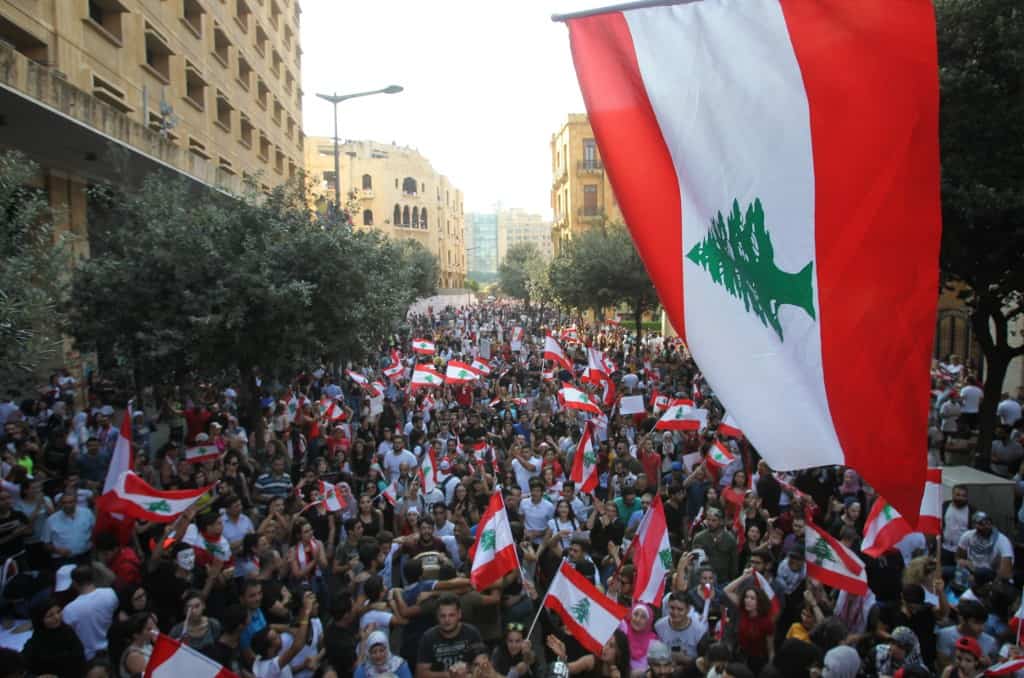The Lebanese pound dropped to its lowest point against the dollar late on Tuesday, January 4, amid a spiraling economic situation, even as the country’s leadership looked to placate Saudi Arabia over remarks made against the kingdom by a top Hezbollah official.
The local currency is now trading at more than 30,000 to the dollar in the black market, having lost more than 95 percent of its purchase power since end-2019.
While global currency intelligence portal xe.com still reports the official midmarket rate at around LPB1,500 to the dollar, the reality on the ground is that the black-market rates prevail.
That, coupled with the shortage of food, medicine, and fuel are just emblematic of the crisis that the Lebanese economy is in.
The World Bank has already described the crisis as one of the worst in the world, and that it would take Lebanon around two decades — if not more — to recover from it.
It is because of these circumstances that Lebanon has been looking to the world in general and Arab neighbors in particular for aid in various forms.
Also read: REVEALED: Billions missing from Lebanese Central Bank
That task was recently made a little more difficult by a top official from the Lebanon-located Hezbollah group accusing Saudi Arabia of terrorism.
This comes amid President Michel Aoun and former prime minister Saad Hariri joining leaders like Prime Minister Najib Mikati in placating the oil-rich kingdom after Hezbollah Secretary General Sayyed Hassan Nasrallah claimed the ideology of the Islamic State group — which he referred to by its local acronym Daesh — originated in the Saudi Arabia.

Official sources said Aoun expressed his adherence to the Lebanese official position, which he had reiterated in his recent speech, regarding Lebanon’s concern for Arab and international relations, especially among Arab Gulf States, specifically Saudi Arabia.
Hariri told Nasrallah in a Twitter post that the latter’s “insistence on attacking Saudi Arabia and its leaders is a continuing attack on Lebanon, its role, and its people’s interests.”
Hariri was especially harsh in his criticism, saying: “I know that you will not back down from methods of provocation and insults towards the Arab Gulf States, but be aware that history will not be lenient towards a party that sells its Arabism, its homeland, and the interests of its people in exchange for a handful of partnerships in the region’s wars.”
This was the second time in mere months that Lebanon has had to actively look to assuage Saudi Arabi, the first time being when TV personality George Kordahi had to resign as the country’s information minister — a post to which he had been appointed in September last year — after his statements from much earlier stoked Saudi ire.

